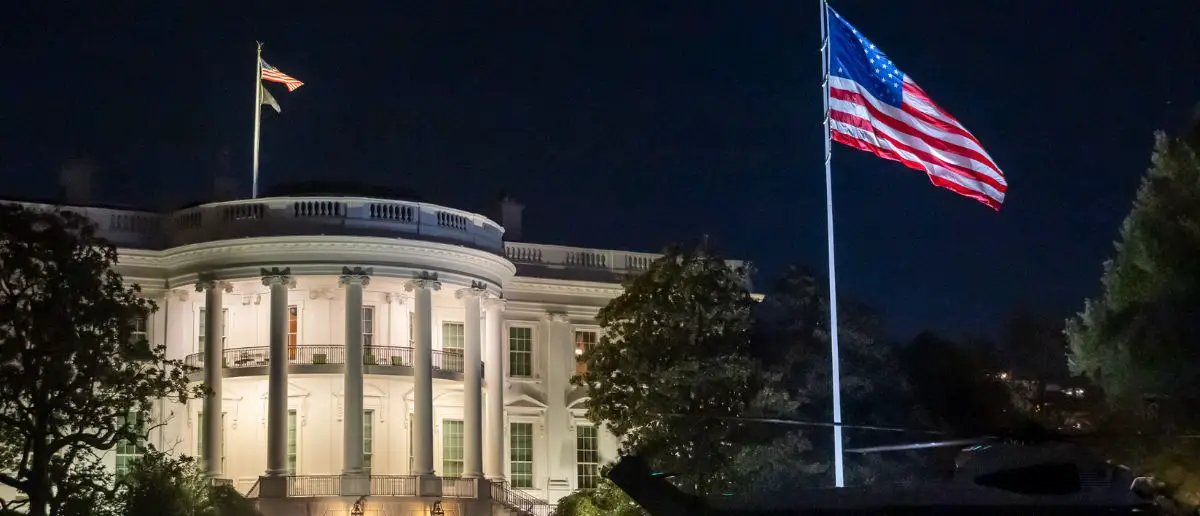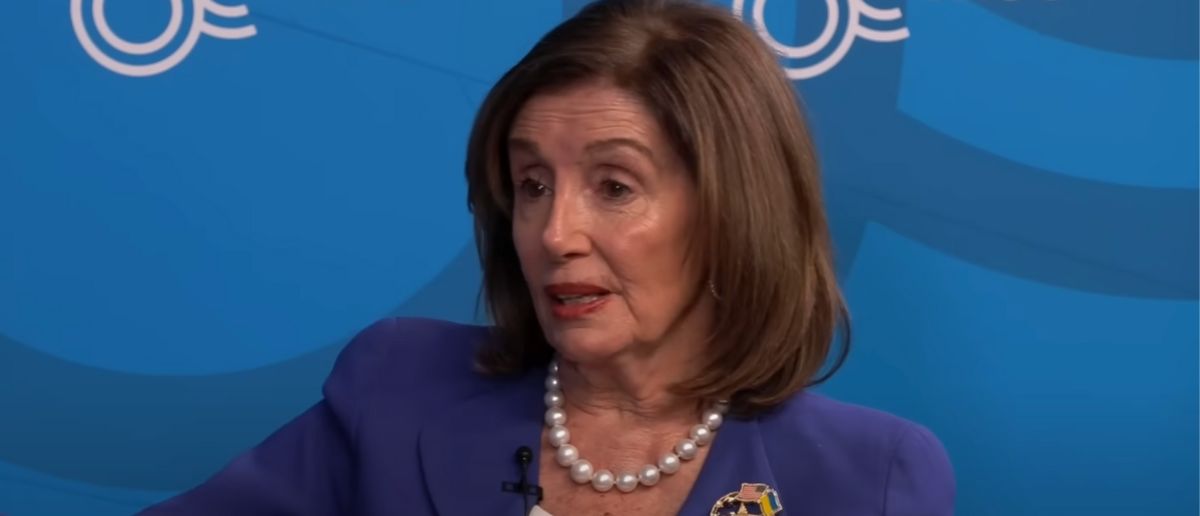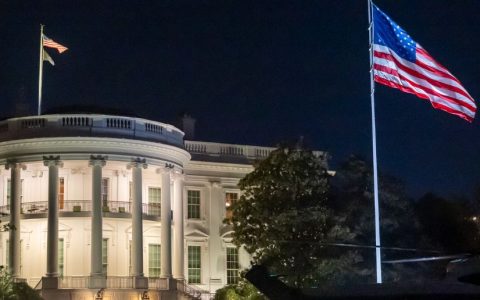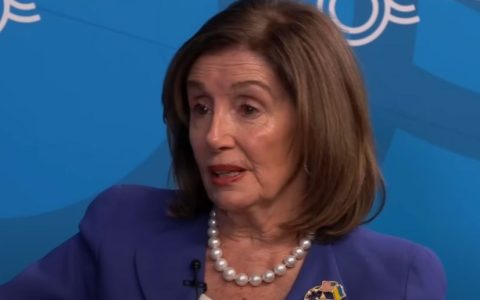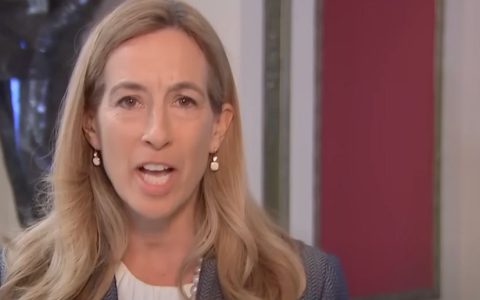
The Supreme Court’s word is law in the judicial system. But not everyone is willing to fall in line.
Now a Federal judge went rogue against the Supreme Court with a terrifying order.
Federal Judge Blocks Early End to Haitian TPS Program
On Tuesday, U.S. District Judge Brian Cogan in New York issued a ruling that halted the Department of Homeland Security’s attempt to prematurely terminate Temporary Protected Status (TPS) for Haitian migrants, preserving protections for approximately 260,000 individuals until the scheduled expiration on February 3, 2026.
Appointed by President George W. Bush, Cogan found that Homeland Security Secretary Kristi Noem’s decision to end Haiti’s TPS designation on September 2, 2025, violated legal constraints, as the law permits changes to TPS only within a specific timeframe.
This decision, prompted by a lawsuit from nine Haitian TPS holders, ensures continued legal status for Haitians who have relied on the program since its inception following Haiti’s devastating 2010 earthquakes.
Legal Framework and Judicial Rationale
Judge Cogan’s ruling emphasizes the strict statutory limits on altering TPS designations. He stated, “Because Secretary Noem does not have statutory or inherent authority to partially vacate a country’s TPS designation, her partial vacatur must be set aside as unlawful.”
Haiti’s TPS, initially granted in 2010 and expanded under the Biden administration, was set to continue until February 2026.
Noem’s earlier attempt to shorten this timeline to August 3, followed by a revised termination date of September 2, was deemed outside her authority.
Cogan noted that tens of thousands of Haitians depend on TPS for their livelihoods, and abruptly ending it would cause significant harm.
He clarified that his ruling aligns with the Administrative Procedure Act, distinguishing it from recent Supreme Court restrictions on universal injunctions, as it directly addresses unlawful agency action.
National Security Concerns and Policy Tensions
Secretary Noem, in her notice before the ruling, argued that continuing TPS for Haiti was “contrary to the national interest,” citing risks posed by insufficient vetting of migrants.
She highlighted that “Haitian gang members have already been identified among those who have entered the United States and, in some cases, have been apprehended by law enforcement for committing serious and violent crimes.”
This stance reflects the Trump administration’s push to strengthen border security and immigration enforcement, as evidenced by recent data showing a 93.1% drop in illegal border crossings in June 2025 compared to June 2024.
The administration’s focus on public safety seeks to address concerns about crime linked to unchecked immigration, a priority Noem emphasized in her attempt to end TPS early.

